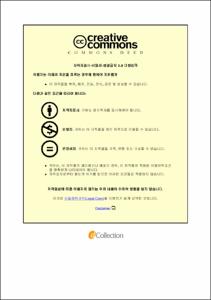중소기업 소유 지식재산권의 기술사업화 영향요인 분석에 관한 연구
= A Study on Influential Factor Analysis of Intellectual Property Rights Owned by Small and Medium-sized Enterprises.
- Appears in Collections:
- 지식서비스&컨설팅학과 > 1. Thesis
- Files in This Item:
-
-
Download
 200000278860.pdf
기타 데이터 / 2 MB / Adobe PDF
200000278860.pdf
기타 데이터 / 2 MB / Adobe PDF
-
Items in Repository are protected by copyright, with all rights reserved, unless otherwise indicated.